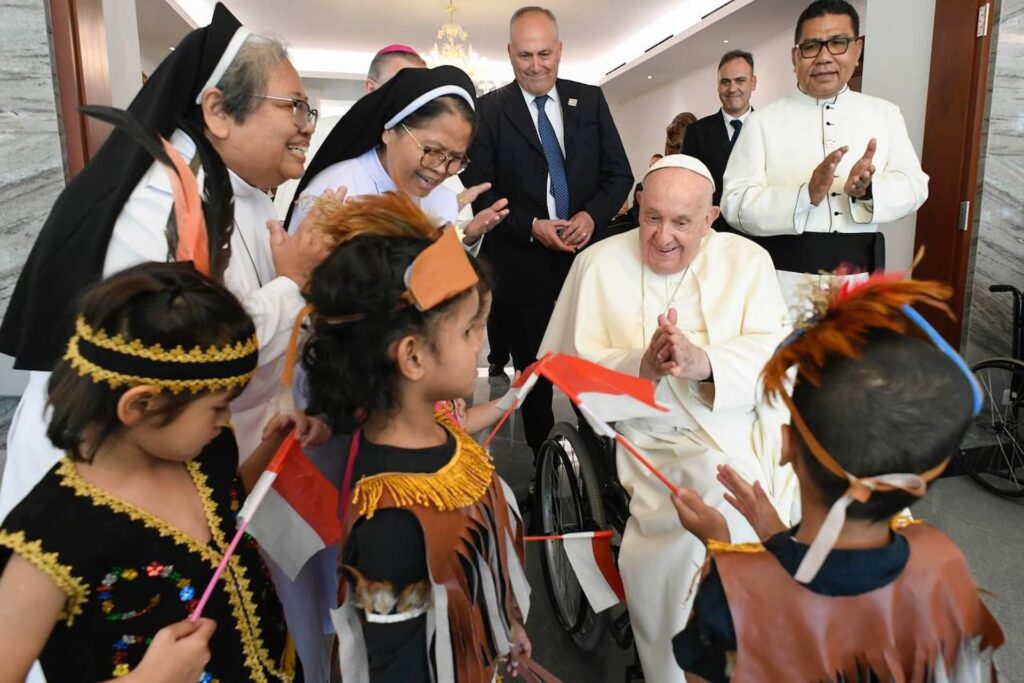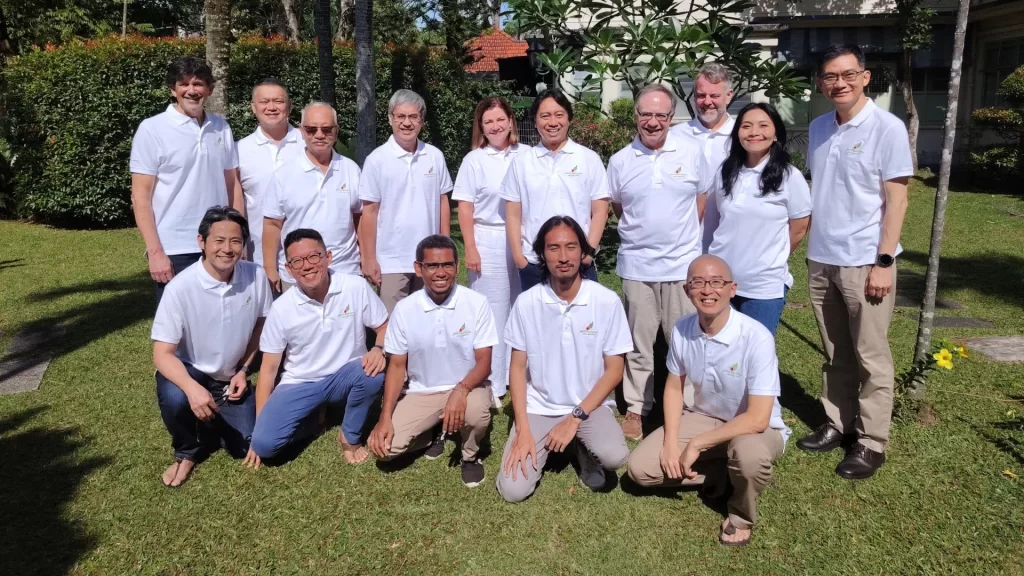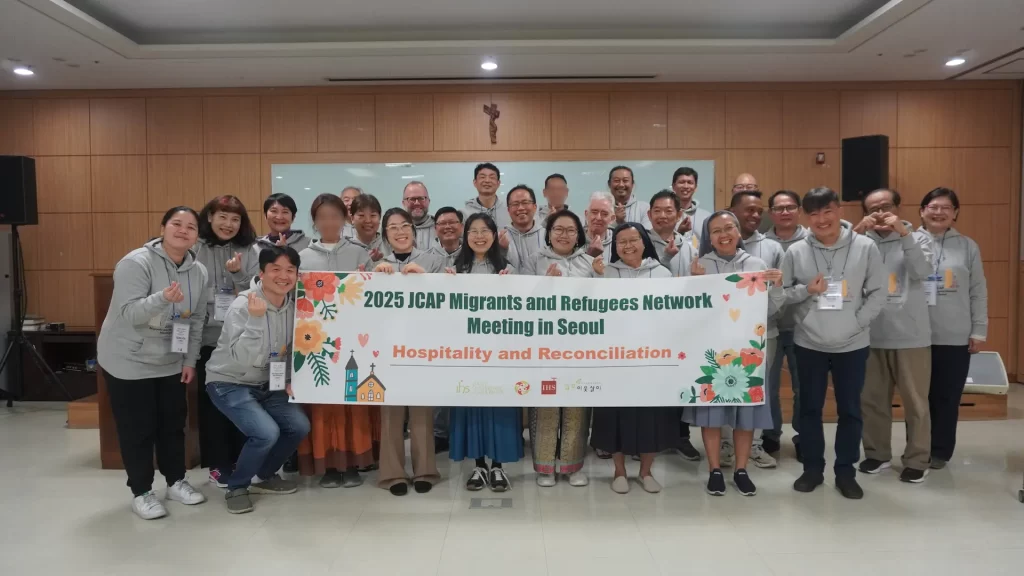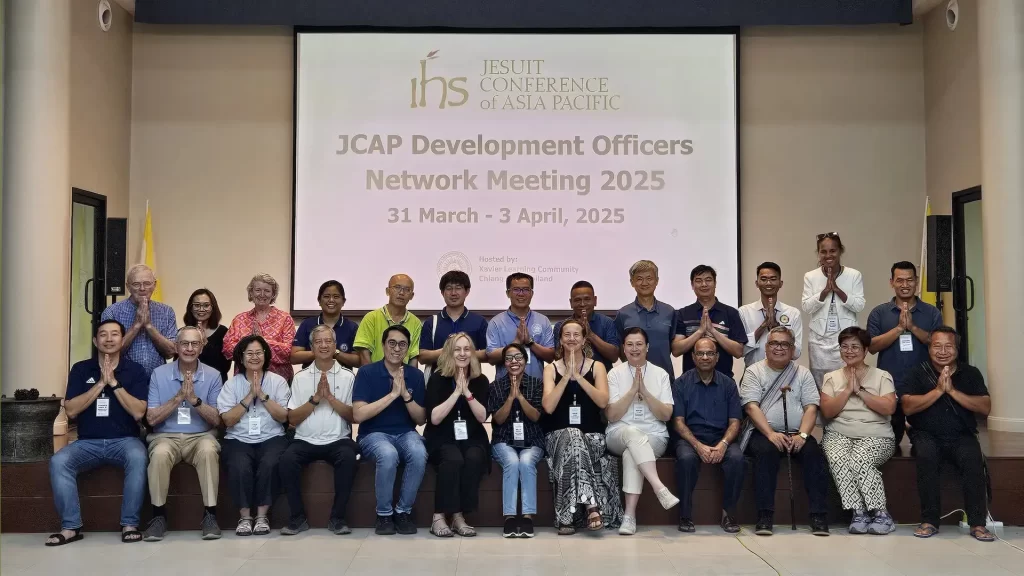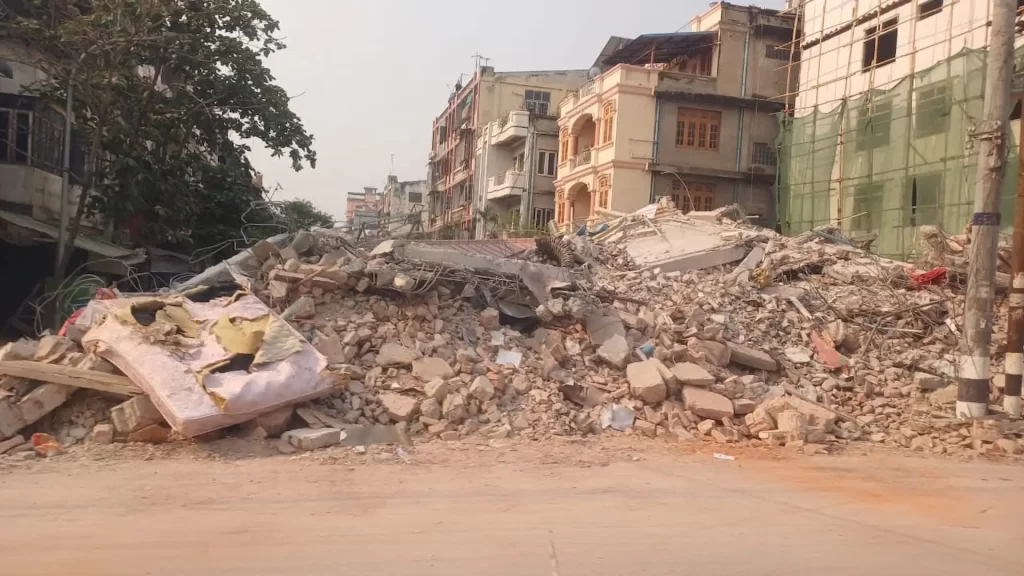Fr Peter-Hans Kolvenbach, SJ, Superior General of the Society of Jesus, gave this message of gratitude last July 14, 2007 on the occasion of the Golden Jubilee of the Jesuits’ return to serve the Church of Vietnam.
Message of Gratitude
RP Peter-Hans Kolvenbach, S.J.
Your Eminence,
Your Excellencies,
Representatives of various levels of the Civil Authorities,
Dear Brothers and Sisters in Christ,
Dear Friends:
Before we conclude this celebration, I would like to express my deep gratitude on behalf of the Society of Jesus to all of you. The 50th anniversary of our second presence in this country is made possible because of your cooperation in our mission. Your participation in this celebration truly manifests your love and your support as we thank the Lord for all his wonderful deeds.
The past bishops who have called back the Jesuits to serve the local Church in Vietnam must be pleased to witness this event from their eternal dwelling place with the Lord. We are very much consoled that following their beloved predecessors, the present bishops have given us so much support and confidence as we labor in the vineyard of the Lord.
In communion with their local bishops, the priests, the religious men and women, and the lay faithful have helped us in so many ways as they shared with our joys and sorrows all these years. Their silent witness and inspiring example of faith have taught us to bear the cross of Christ amidst all the trials in our lives. We are very much grateful for their edifying role in promoting vocations to the Society.
The Civil Authorities and the Bureau for Religious Affairs in the different levels are so kind to make this celebration possible. This significant event is not so much a commemoration of the past but a call to a new beginning. It has been well known how our religious situation during the past three decades was marked by cloudy and stormy moments, but this dark situation has now turned into a clear sky of better mutual understanding. Your presence in this celebration is an eloquent expression of this new beginning. The warm welcome that I have received together with the Major Superiors of our Society in East Asia and Oceania is deeply appreciated.
It is wonderful for me to be in the presence of Reverend Personalities from the Buddhist Pagoda and the Cao Đai Temple for this celebration. I very much appreciate your friendship which is a most precious encouragement for us in the service of the local population and a most fruitful element in our inter-religious dialogue.
Having nothing but the Holy Name of Jesus as the only and our most precious treasure, we express our gratitude to all our benefactors from inside and outside the country. We cannot imagine serving the Church and the various needs of people in this country without the moral and material support of our benefactors.
What should I say to the parents of our Vietnamese Jesuits? We honor you for your love and generosity in giving us your beloved sons to the Society of Jesus. Without your generous offering and collaboration, the Society of Jesus would not be present today since the last foreign Jesuit had left the country thirty years ago. 134 of your children and members of your families make up the present Vietnamese Province of the Society of Jesus.
We remember the generosity of many Jesuits from all over the world who left their homes to start the second presence of our Society in Vietnam. Their lives of dedicated service and sacrifice have brought forth a precious fruit today which is the establishment of the 86th Province of our Society in the world.
Finally, my heartfelt thanks goes to all the members of the Province and to all those who have made this celebration a success. As I said earlier, this celebration should invite us to a new beginning as we start afresh from Christ in our work of evangelization not only in Vietnam and in East Asia but throughout the whole world.
I conclude by asking all of you to continue supporting this young Province of the Society of Jesus. May we live up to our religious vocation to serve the Lord alone and his Church under the Roman Pontiff, in union with the local Church under the leadership of the Bishops’ Conference of Vietnam.
We can never thank you enough for everything that you have done. May the Lord in his great providence bless you and thank you for us.
XIN CÁM ƠN

